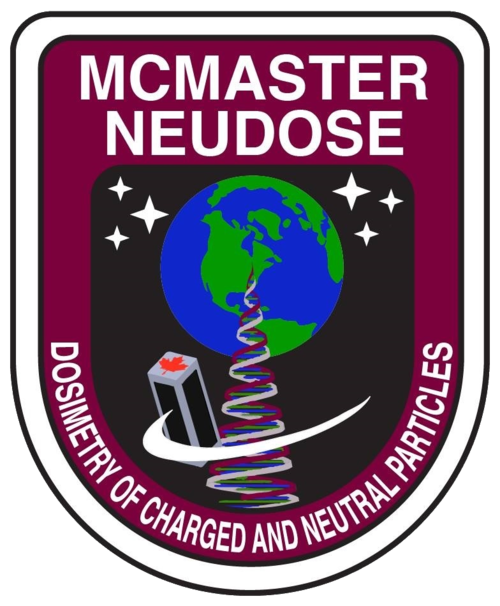Space exploration is an incredible achievement which may include manned missions to outer space. On these missions, it is important to keep the health of astronauts in top shape as they are performing crucial tasks for space discovery. Space medicine is the field that focuses on keeping humans safe and healthy during space missions. It strives to maintain the overall well-being of astronauts using interdisciplinary knowledge in medicine, psychology, and more. It deals with the physical, mental, and social aspects of health.
Being in space subjects astronauts to extreme low-gravity conditions. This impacts bodily functions, including those that affect cardiopulmonary, muscle-related, bone-related, neurological, and immunological processes. One of the many changes that can stem from this is firstly a difference in coordination. The varying gravity conditions between Earth and space can make astronauts feel unbalanced or experience motion sickness. An example of a change in bone function is the loss of minerals due to a lack of gravity. Another issue is fluid flowing to the head and increasing ocular pressure. Overall, astronauts must pay close attention to their health with onboard equipment as they are far away from the help of doctors on Earth.
Another large barrier in space exploration is space radiation and its impacts on human health. On Earth, humans are protected from space radiation. However, in space, three types of ionizing radiation can harm the human body with much higher doses than those received on Earth, even when compared to getting an x-ray. This includes Galactic Cosmic Rays (GCR), particles from the sun or from solar flares, and radiation trapped in the Earth’s field. This radiation is highly detrimental to astronauts; short term symptoms may include nausea or blood changes, but long term effects can cause dangerous outcomes such as cancer and infertility. This makes space radiation a large factor to consider when sending manned space missions.
The mental health of astronauts is also important to consider. Confinement and isolation far from Earth, in addition to missing loved ones, can have large impacts on astronauts. The study of psychology can help treat anxiety or loneliness in astronauts, helping them build resiliency in space environments.
The McMaster NEUDOSE team also wants to make an impact on astronaut health and space medicine. With this project and the Charged & Neutral Particle Tissue Equivalent Proportional Counter (CNP-TEPC), NEUDOSE aims to make space travel safer by assessing space radiation in low orbit. The CNP-TEPC does this by simulating the human cell to observe the radiation on the payload. This will help us further understand space medicine and how to keep astronauts safe in future manned missions.

